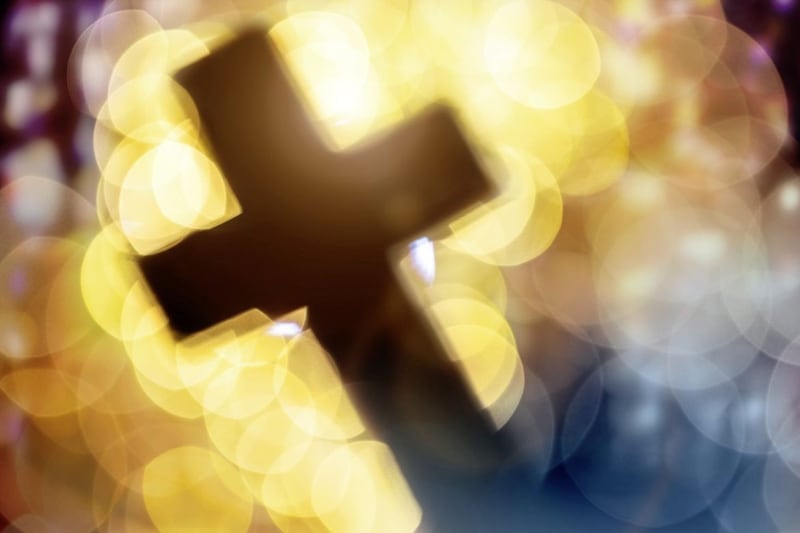THIS time last week I was knee-deep in a furious row about something that an objective observer may have concluded did not concern me.
I was not an active party in the original dispute, had never met any of the people whose position I was defending and had only a nodding acquaintance with the other side.
That probably puts it firmly in the `none of your business' category.
And yet…
Despite it being part of the job description as a newspaper columnist, I don't always have an opinion on everything – far from it.
In fact, I'm frequently painfully aware that I don’t have all the information available about a given situation.
I'm also not a big fan of confrontations.
And yet…
Amongst this week's media coverage of the extraordinary resignation of Co Tyrone Church of Ireland minister Andrew Rawding, one line stood out.
The rector, who has quit the denomination which he brands "structurally, culturally and socially homophobic", was explaining how he was moved to send a message within his parish to the LGBT+ community "that it's OK to be LGBT+ and to be a Christian and to show my full support for same-sex marriages within the Church of Ireland".
He told the BBC that the response from those in authority was "blank looks and silence, or comments like: 'I'm not homophobic because I know gay people', or even: `You need to be careful because people will think you're gay'."
Ah, the old `none of your business' category, with a side order of `none of my business'.
Progress towards equality is slow and generation after generation we have seen that it is slowed even further by the disinterested observer.
That freedom is never voluntarily given by the oppressor but must be demanded by the oppressed is indisputable - from slavery to the franchise to the gender pay gap to disability rights to maternity pay to housing rights, none were given unprompted, never mind at the first time of asking.
However, the demands of the oppressed alone rarely produce results, loaded as they are with implied `vested interests'.
It is the discrimination paradox - having a dog in the fight invalidates your argument, but if you have no dog in the fight you shouldn't involve yourself.
All groups facing discrimination and oppression need the support of those who have no reason to be involved - to offer moral support and to take the load when they grow weary.
The words of another Protestant minister have rung through the ages: "In the end, we will remember not the words of our enemies, but the silence of our friends."
In practice, this broadens out beyond actual friendships. There can be no one who has not experienced the sickening, icy feeling of despair at realising you stand alone in a dark hour. Or the warm hope which blooms when a stranger holds out a hand in solidarity.
Mr Rawding said he made a "public stance as a Church of Ireland rector" to support LGBT+ rights within the Church.
While he has shown his commitment - helping to run Pride parades in Mid Ulster - the minister felt the Church has reduced its promised `listening process' to a "tick-box exercise".
"There are some kind and compassionate individuals but corporately, at best there is indifference, at worst there is hypocrisy," he lamented.
The Church of Ireland hierarchy is not alone among denominations and religions in failing to engage in any meaningful way with centuries of institutional homophobia.
The Methodist Church became an outlier with last week's historic decision to allow same-sex marriage.
Anglicans could do worse than listen to their 18th century critic William Blake's powerful yet simple explainer:
"I sought my God and my God I couldn't find;
I sought my soul and my soul eluded me;
I sought to serve my brother in his need, and I found all three;
My God, my soul, and thee."






